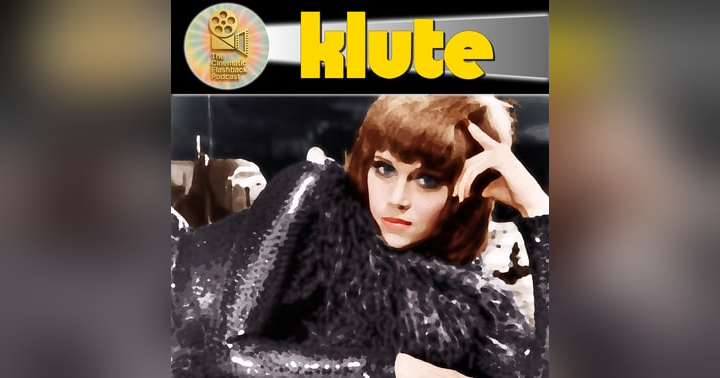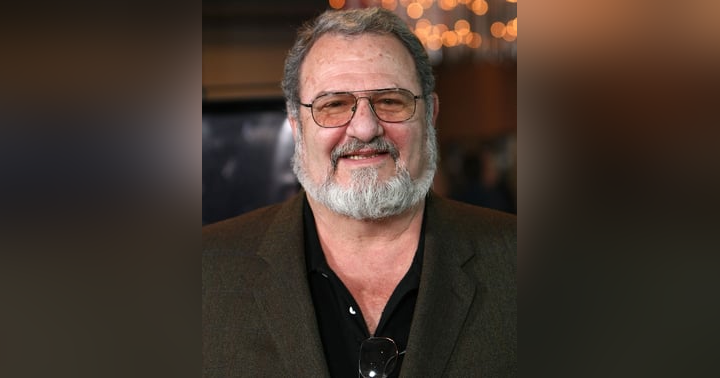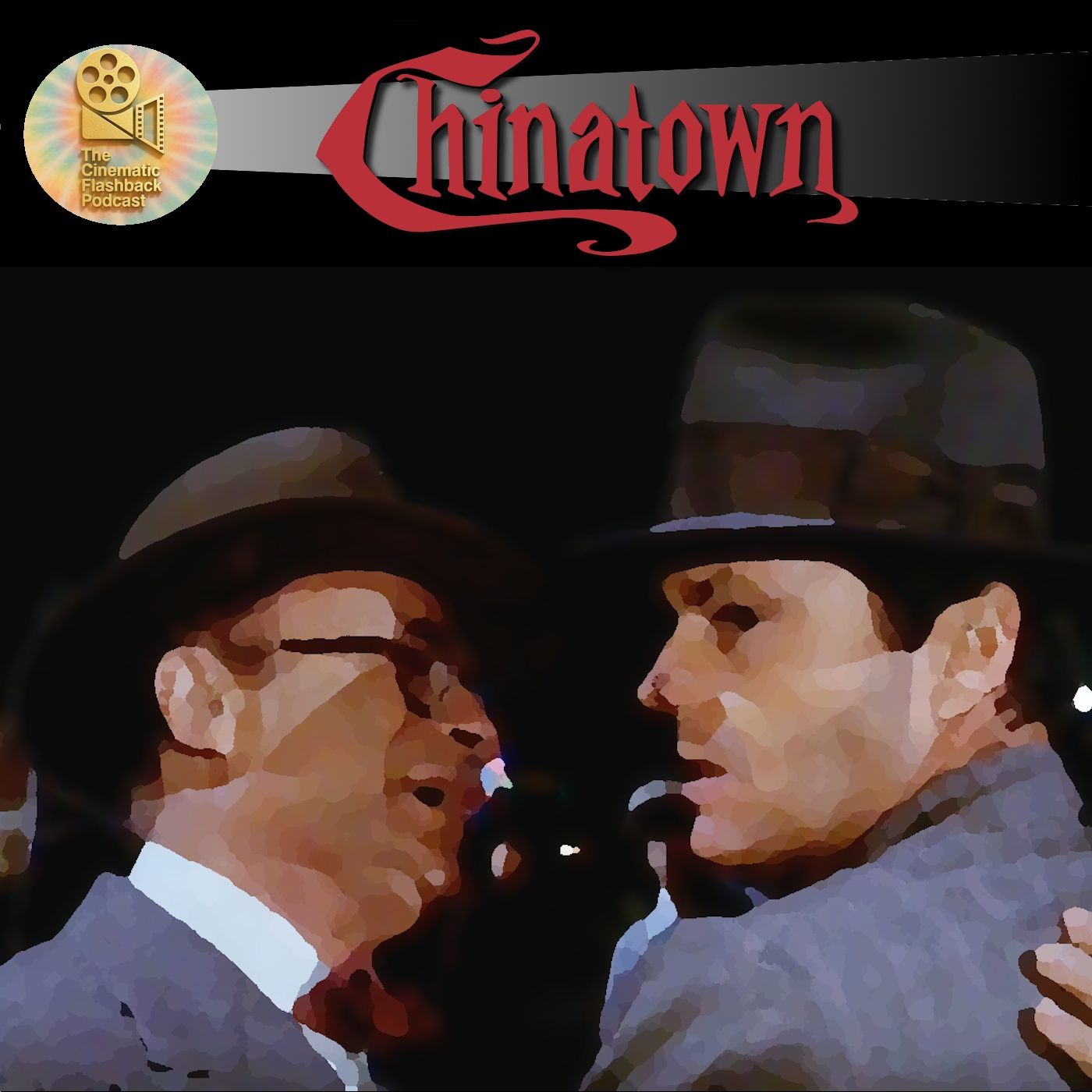The Music That Saved Chinatown: How Jerry Goldsmith’s Score Elevated a Neo-Noir Masterpiece

A Last-Minute Miracle That Changed Film History
When audiences first previewed Chinatown in 1974, the reviews were nearly unanimous: brilliant film, baffling music. The test screenings for Roman Polanski's neo-noir masterpiece sent up a red flag—audiences loved the story, the performances, the visuals—but the score? It left them cold. This reaction threatened to derail one of the greatest noir films ever made. Enter Jerry Goldsmith.
Goldsmith was brought in late in post-production to rewrite the musical language of the film from scratch—and he completed the new score in just ten days. The result is one of the most iconic film scores in cinema history, a haunting and elegant composition that amplified the film’s emotional undercurrents and sealed its place as a classic.
The Score That Almost Sank Chinatown
Originally, composer Philip Lambro was tasked with scoring Chinatown. His music was avant-garde, modern, and aligned with the film’s 1930s Los Angeles setting—on paper, at least. In reality, the experimental tone clashed with the film’s moody visuals and layered performances. Test audiences found it jarring, and preview cards consistently cited the music as a major flaw.
Despite positive early feedback from the filmmakers during production, the mismatch became too glaring to ignore. Polanski made a difficult decision: pull the score, even at the eleventh hour.
Jerry Goldsmith to the Rescue
Polanski turned to Jerry Goldsmith, a composer already known for his ability to craft emotionally resonant scores under tight timelines. Given just ten days, Goldsmith watched a nearly finished cut and composed a new score that married perfectly with the film's psychological complexity and noir atmosphere.
Instead of a sweeping orchestral sound, Goldsmith delivered something leaner and more intimate: a melancholic trumpet solo backed by restrained strings and dissonant chords. This sound gave voice to the moral ambiguity of Jack Nicholson’s J.J. Gittes and the dark secrets lurking beneath Los Angeles' sunlit streets.
Mastery Through Restraint
One of the most brilliant choices Goldsmith made was knowing when not to use music. As we discussed in our podcast episode, the sparseness of the score works in the film’s favor. There are long, tense stretches without music, allowing the dialogue and performances to breathe. The result is a deeper emotional impact and a stronger sense of realism.
Rather than overexplaining the drama, Goldsmith lets us sit in the silence of suspicion, betrayal, and heartbreak. It’s not just music as a companion to story—it’s music as character.
A Tale of Two Scores
For years, Lambro’s original score went unheard by the public. In 2012, it was finally released under the title Los Angeles 1937 and made available for streaming. It offers a fascinating contrast—not as a failure, but as a what-if. Listening to both versions today reveals how dramatically music can shape the tone and experience of a film.
In the end, it wasn't about which score was "better" in isolation. It was about which score supported Chinatown’s themes of corruption, decay, and lost innocence.
Goldsmith’s Lasting Legacy
Goldsmith’s work on Chinatown helped pioneer a new wave of noir soundscapes, paving the way for films like Blade Runner, LA Confidential, and Zodiac. His bold, moody approach remains a gold standard for composers tackling complex emotional material.
It's also a masterclass in post-production problem-solving. Goldsmith proved that great art can emerge under pressure—and that sometimes, trusting your gut and starting over is the most courageous creative move of all.
Want More?
🎧 Want to hear the full story, plus our takes on the cast, screenplay, and unforgettable ending? Check out our full Chinatown episode on the Cinematic Flashback Podcast at cinematicflashback.com. And let us know: did it groove through the decades, or did it skip a beat?



